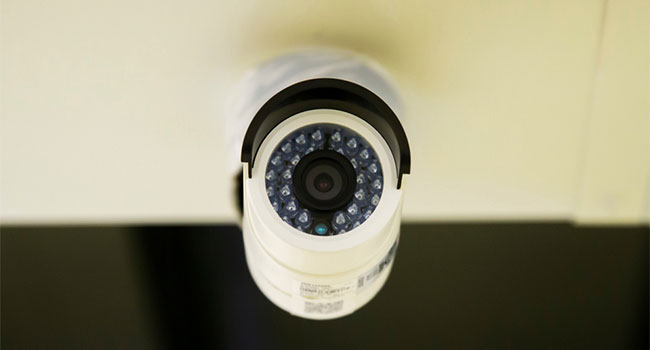
Security Tech Company Raided, Charged With Selling Chinese-Made Equipment to Federal Agencies
Seven current and former employees at Aventura Technologies are facing federal charges for falsely claiming their products were manufactured in the U.S.
- By Haley Samsel
- Nov 08, 2019
A New York-based security technology company and seven current and former senior employees have been charged with fraud, money laundering and illegal importation of Chinese-manufactured equipment, the Justice Department announced on Thursday.
The headquarters of Aventura Technologies was raided on Thursday after federal agents arrested senior executives, current and former employees, and the owners of the company, Jack Cabasso and his wife Frances Cabasso. The raid on Long Island involved dozens of investigators who hauled away containers of equipment from the facility, NBC News reported.
All seven Aventura employees were charged with selling Chinese-made equipment that they claimed was made in the U.S. to clients that included the U.S. Air Force, the Navy and the Department of Energy. The surveillance equipment had “known cybersecurity vulnerability to government and private customers,” according to a press release from the U.S. Attorney’s Office for the Eastern District of New York.
“The defendants falsely claimed for years that their surveillance and security equipment was manufactured on Long Island, padding their pockets with money from lucrative contracts without regard for the risk to our country’s national security posed by secretly peddling made-in-China electronics with known cyber vulnerabilities,” U.S. Attorney Richard P. Donoghue said in a statement.
Donoghue added: “They will face serious consequences for slapping phony ‘Made in the U.S.A.’ labels on products that our armed forces and other sensitive government facilities depended upon.”
The scheme had been ongoing since 2006, seven years after Aventura opened in 1999, according to the attorney’s office. The company offered a variety of security services and products, ranging from video surveillance management and facial recognition software to turnstiles and body scanners.
Four of the employees were also charged with defrauding the government by claiming that Frances Cabasso was the owner and operator of the company. While Jack Cabasso’s official title was managing director, he was Aventura’s de facto owner, not his wife, according to the federal complaint.
The company said that Frances was the owner so Aventura could obtain access to “valuable government contracts reserved for women-owned businesses,” according to the attorney’s office press release. The Cabassos are also charged with laundering the monetary proceeds of the schemes.
Six defendants were arrested on Thursday morning, and the government has frozen approximately $3 million in 12 financial accounts containing proceeds from the defendants.
“Greed is at the heart of this scheme, a reprehensible motive when the subjects in this case allegedly put into question the security of men and women who don uniforms each day to protect our nation,” FBI Assistant Director-in-Charge William Sweeney said in a statement. “There is no mistaking the cyber vulnerabilities created when this company sold electronic surveillance products made in [China], and then using those items in our government agencies and the branches of our armed forces.”
The Security Industry Association, of which Aventura is a member, issued a statement Thursday evening saying that SIA finds the charges "very serious" and represents business practices that SIA "does not condone."
"SIA strongly encourages its members to operate ethically and comply with all U.S. laws and regulations," the association said. "The SIA Board of Directors has begun to review these charges and the status of Aventura’s membership in SIA."
About the Author
Haley Samsel is an Associate Content Editor for the Infrastructure Solutions Group at 1105 Media.